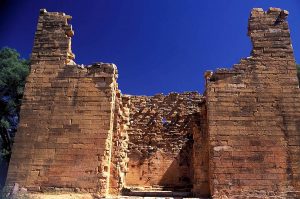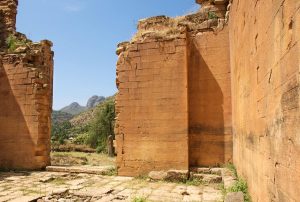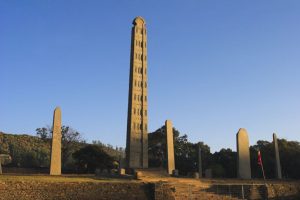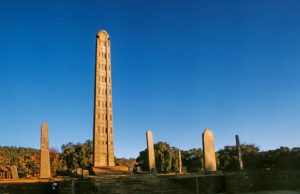The Ethiopian epiphany commemorates the baptizing of Jesus Christ by John the Baptist in the River Jordan. It is one of the biggest and most fascinating annual holidays in Ethiopia. Usually timket is a three-day event: Ketera on the eve, the main festival and kana zegelila on January 20. This is accompanied by a special dance by priests with their prayer sticks and sistera, the beating drums, ringing of bells, and blowing trumpets. After the prayer, a senior priest uses a golden processional cross to bless the water and extinguishes a burning consecrated candle in the water. In the afternoon of Ketera, the Tabots (replicas of the Ark of the Covenant) from each Church is taken to a selected place, where there is a river/water. Tabot is taken to spend the night there, which symbolizes the travel of Jesus from Galila to the River Jordan to be baptized. The ceremony extends throughout the night. Timket celebration starts early in the morning and many of the more impassioned congregants jump fully dressed into the water to renew their vows. On the day of timket (January 19), after the baptism, all the Tabots, except St. Michael’s, start their way back to their respective Churches. Elders march imposingly, accompanied by singing, leaping priests and young men, the beating of staff and prayer sticks recalling the ancient services of the Old Testament.
The best place to attend this event in Addis Ababa is Janmeda, a special place where most of the tabots from many churches in the city come together where hundreds of thousands of followers gather to celebrate. The historical city of Gondar is the most popular place for the celebration of timket where thousands of pilgrims and tourists travel to attend the colorful event at Fasiledes Bath.
TIMKET - ETHIOPIAN EPIPHANY (January 19 /January 20 during a leap year)
@Copyright2022 hoyatourethiopia.com
hoyatourethiopia.com




